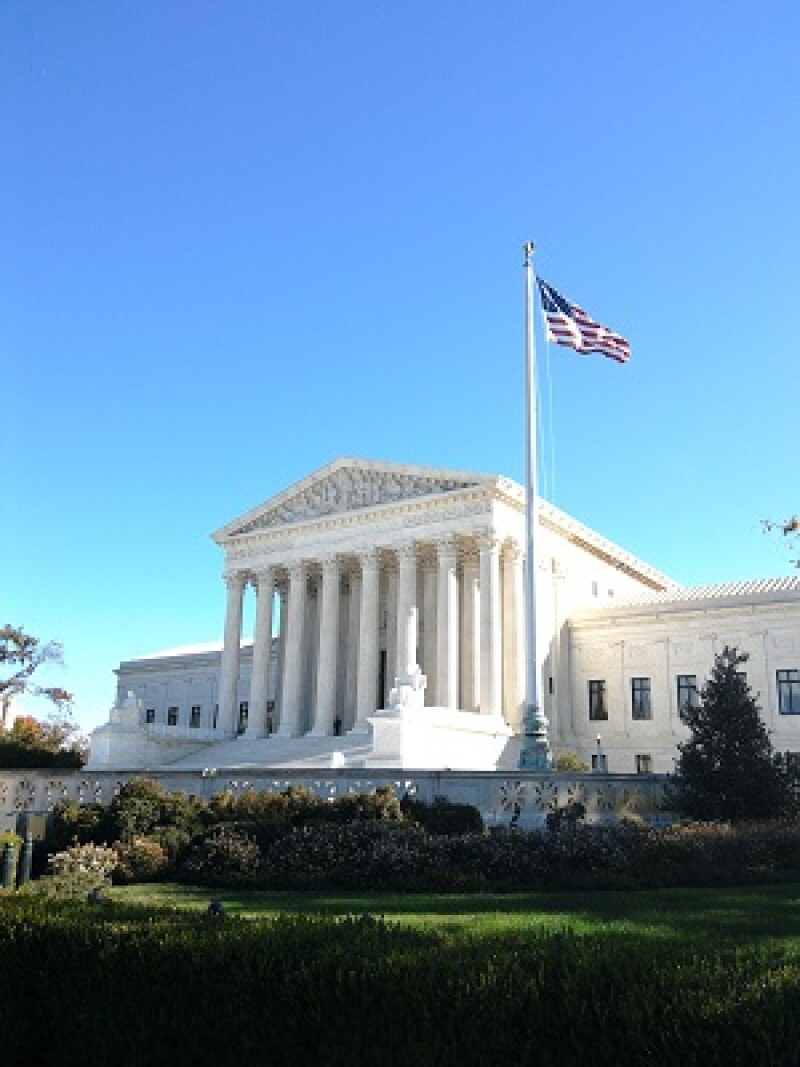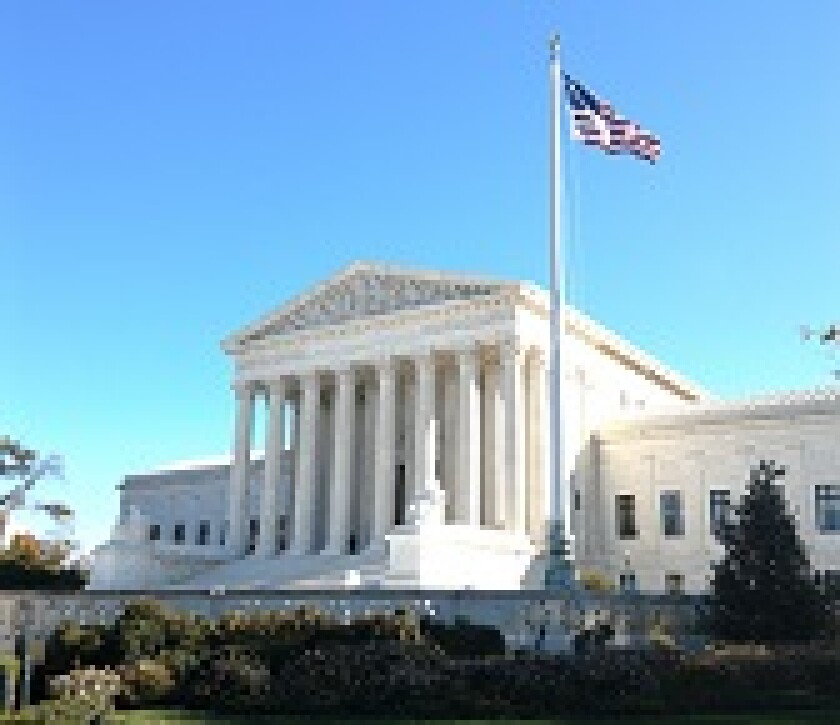
The Supreme Court yesterday granted cert to Return Mail v United States Postal Service. In this case, an Alabama company accused the Postal Service of improperly convincing the Patent Trial and Appeal Board to cancel its patent for a mail processing system.
The court granted cert to only the firstquestion presented, which is: “Whether the government is a 'person' who may petition to institute review proceedings under the AIA.”
John O’Quinn, partner at Kirkland & Ellis, commented: “The Court is once again taking a case to work through statutory interpretation questions in the AIA.
“In this case, the Court is confronted with the meaning of the term ‘person’, which can be fairly broad. However, the question is really whether one agency of the government can be in the business of challenging whether another agency of the government erred in issuing a patent -- if one federal agency and another disagree, they normally do not litigate over it. So it’s against that backdrop that the Supreme Court has to interpret the meaning of ‘person’.”
Ropes & Gray IP litigation attorneys Scott McKeown and Matt Rizzolo commented in a statement: “It’s worth noting that Supreme Court’s grant in Return Mail bears an interesting resemblance to how SAS Institute v Iancu, decided this past term, found its way to the Court – with Judge Newman dissenting from the Federal Circuit’s opinion on a discrete issue of statutory interpretation, followed by a successful cert petition on that same issue.”
This is the fourth IP case the Supreme Court has taken on this term, making it two patent cases and two copyright cases.










